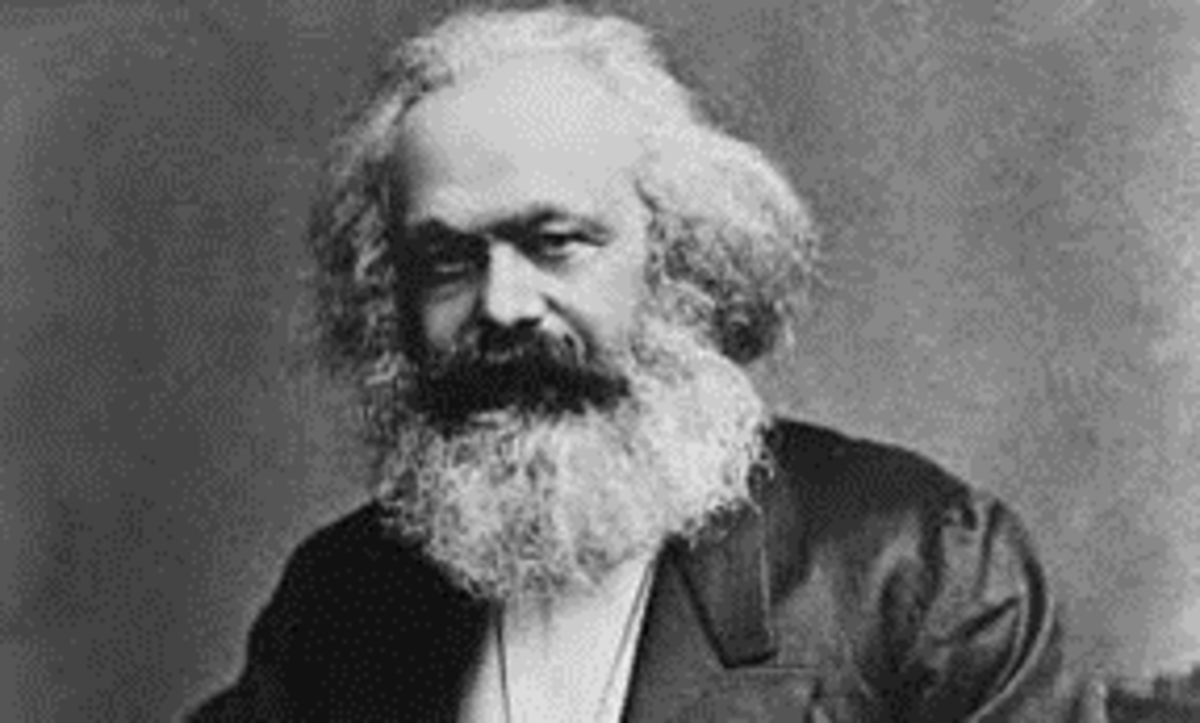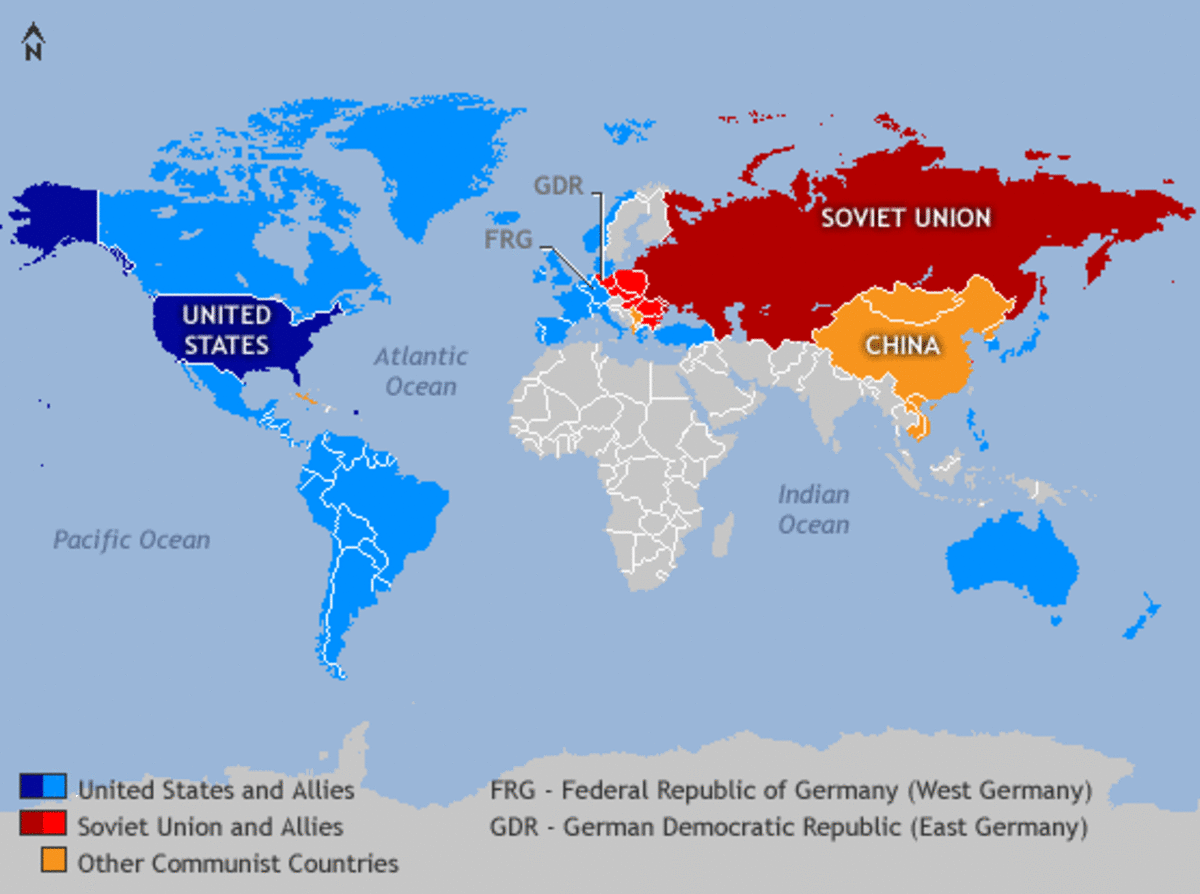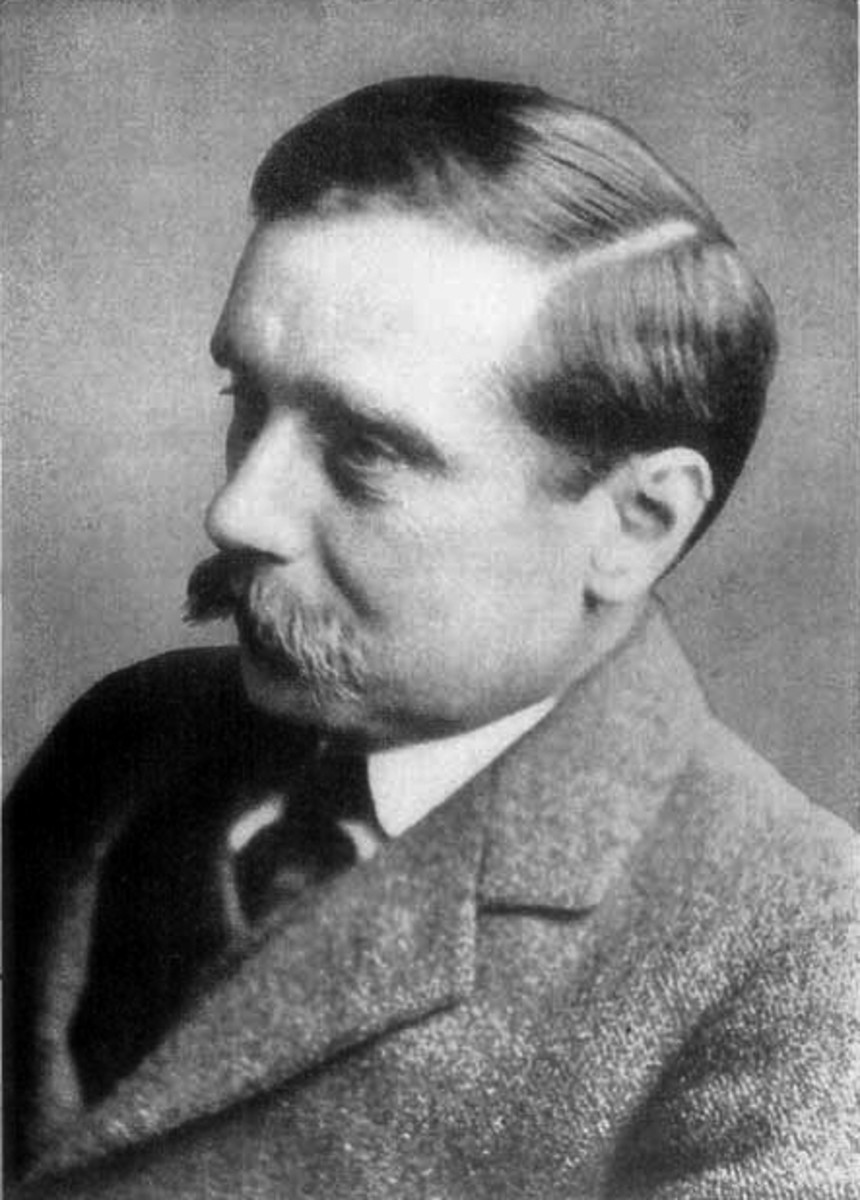An Introduction to The State and Revolution by Vladimir Lenin

Class Antagonisms and the State
In 1917, a matter of months before the Glorious October Revolution, Vladimir Lenin penned his seminal work The State and Revolution. The text would go on to become the bedrock of the Marxist understanding of the state. It was written on the backdrop of the Great War where the nominally ‘socialist’ parties of Europe supported the war “in defence of the Fatherland”. These ‘socialist’ parties would charade as followers of Marx & Engels. In The State and Revolution Lenin sets out to expose the ideological deficiencies of the leading ‘Marxist’ theoreticians of the post-Marx world, including Karl Kautsky & Eduard Bernstein.
Kautsky, decried by Lenin as a renegade, along with allies had distorted Marxism and turned it into something acceptable to the ruling class. Marx & Engels had fallen victim to the historical tendency to be near canonized in death, the revolutionary force of their work had been blunted. Illustrating his point Lenin quotes from Engels
“it (the state) is a product of society at a certain stage of development; it is the admission that this society has become entangled in an insoluble contradiction with itself, that it has split into irreconcilable antagonisms which it is powerless to dispel. But in order that these antagonisms, these classes with conflicting economic interests, might not consume themselves and society in fruitless struggle, it became necessary to have a power, seemingly standing above society, that would alleviate the conflict and keep it within the bounds of 'order'; and this power, arisen out of society but placing itself above it, and alienating itself more and more from it, is the state.”
He then contrasts this fundamental of Marxism with the opportunist distortions he identifies. The first is a crude distortion: that the state exists reconcile classes. This being so patently false so as to be readily dismissed as bourgeois ideology. The second distortion is the more subtle Kautskyite distortion. The Kautskyite line being to admit that the state is a product of irresolvable class antagonisms, that it stands above society and further alienates itself from it. However, they reject the obvious conclusion to these premises:
“that the liberation of the oppressed class is impossible not only without a violent revolution, but also without the destruction of the apparatus of state power which was created by the ruling class and which is the embodiment of this alienation.” - Lenin
It is made clear then that there can be absolutely no parliamentary road to socialism, that the working class cannot become the ruling class by way of parliamentary majority, by being custodians of the bourgeois state apparatus. They must lay waste to and destroy the bourgeois state.
But what exactly is the state and where does its power stem from? It is special bodies of armed men and the instruments at their disposal. It is the police, the army, the navy, the prisons, the courts and weaponry etc This is the power which coerces and compels the masses.
To recap then, the state is a product of irreconcilable class antagonisms and is an alienated power standing above society with the purpose of maintaining the rule of the dominant class by means of coercive armed power.


The Democratic Republic
To the modern reader in a western democracy, this may sound to be a rather grim and harsh summary. They may say that they have never been in trouble with the law, never been coerced or compelled, that they are free to vote and partake in public life, and their claims may be of merit and entirely valid. However, Lenin himself recognises this and notes that these are the very reasons that a democratic republic is the perfect form of state for bourgeois rule. For how could it be any other way when this is the form of state chosen after all bourgeois revolutions. If absolutism was more beneficial to bourgeois rule then we would see absolutism primarily arise in states where the bourgeoisie are the dominant class.
The perfection of the democratic republic is that wealth influences indirectly. There is the alliance of state and stock exchange and the corruption of officials, both of which have grown exponentially since Lenin’s day. For today the culture of political funding and lobbying as well as the process of bank bailouts and policy-making for Wall Street or the London Stock Exchange have spiralled further. This system is so secure, so ingenious because it is also so impregnable that no politician or official can breech it, even if they wanted to. Things inevitably roll on, power remains in the hands of the bourgeoisie. Because of this fact Lenin tells us (controversially to some) that universal suffrage is in fact an instrument of bourgeois rule. All the vote can ever be is a measure of the maturity of the working class. To extol a parliamentary road to socialism is to dupe the working class, it is revisionism.
The farsightedness of Lenin’s analysis was displayed throughout the 20th century as the democratically elected governments of Allende in Chile, Mossadegh in Iran, Arbenz in Guatemala among others fell, not by overthrow by the people but by the apparatus of the bourgeois state, mainly the military, but also police, secret services, bankers and media barons. Today we may cast our eyes to Venezuela, where for all the good work of president Hugo Chavez, he remains a part-custodian of the bourgeois state while simultaneously being attacked by the state, as was displayed by the attempted coup of 2002.

The Withering Away of the State
The theoretical flaw made by the Kautsky’s of this world is to misrepresent what Marx & Engels meant regarding the withering away of the state. They intentionally or not deceive when they imply that the notion of the state withering away implies gradual change. This is done to support their argument in favour bourgeois democracy, in making reforms over time leading to socialism. However, what Marx & Engels meant was that the proletarian state, the Dictatorship of the Proletariat withers away, but only some time after the bourgeois state has been violently destroyed. They did not in any way suggest reforming the bourgeois state to socialism. Such a suggestion for Lenin is only ever advantageous to the bourgeoisie.
Where all prior revolutions sought to perfect the political state, the proletarian revolution can only smash it and construct its own state which is designed to wither away. Furthermore, prior revolutions involved strengthening the military and bureaucratic apparatus of the state, with the bourgeoisie redistributing positions among their class and political allies. Revolution can only destroy this network or be engulfed by this power.
What Lenin achieves in The State and Revolution is to display the revisionist line of thinking within Marxism, its distortions and inaccuracies regarding these two topics. He scrutinizes the work of Marx & Engels and presents it in its true revolutionary form and leaves us with three key things to take away: what the state is (an instrument of class rule), how a revolution is to proceed (with violence) and what is to replace the bourgeois state (the Dictatorship of the Proletariat). As alluded to earlier, the history of the 20th century only served to confirm what Lenin argued. We have viewed varying ’socialist’ governments fall to the state apparatus, others have attempted to reconcile classes (all over western Europe) and ultimately failing, we have seen nationalization policies are reversed, social and economic gains are lost and the bourgeoisie always fightback. Whereas when the path pointed out by Lenin has been followed, clearly the best attempts at building socialism have been made. While in the Soviet Union, eventually socialism was destroyed from above by forces within the party, what they did achieve in terms of revolution, state building and installing the proletariat as the ruling class has been unparalleled by any Kautskyite, social chauvinist attempts at rule.








